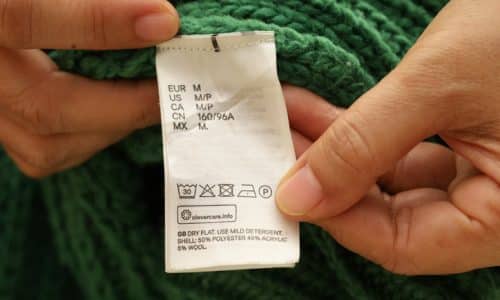Occupational therapists are trained professionals that specialize in helping people of all ages and abilities to participate in unique and meaningful occupations. “Occupations” can be described as the meaningful activities an individual needs and wants to participate in everyday that bring a sense of joy, purpose, and success into their life. The main occupation, or meaningful activity, all children need and want to participate in is PLAY. Through play, children develop various skills including, but not limited to, motor, social emotional, and problem solving skills. Physical, social, and emotional health and well-being are all promoted through the act of playing. As children grow, their occupations may expand from play into learning to get dressed, writing an essay for school, or competing in their favorite sport. All children engage in meaningful occupations based on their unique interests.
Some children may experience difficulties engaging in play or other occupations such as self-care, social interaction, or school tasks. Pediatric occupational therapists are trained and qualified to work with children and their families to promote meaningful engagement in childhood occupations. Through engagement in meaningful occupations, our team can help your child learn new skills, build strong social connections, and promote positive growth and development.
Your child may benefit from occupational therapy if they experience:
- Developmental delays impacting age-appropriate play, self-care, or social skills
- Trouble with fine motor skills impacting ability to use crayons, feeding utensils, or buttons
- Decreased postural control contributing to “W” sitting or difficulty staying seated at school or in a chair
- Decreased motor coordination impacting balance, using two sides of the body together or performing complex movement tasks, like getting dressed.
- Visual processing and visual motor skills causing difficulties with shapes and letters, uncoordinated reach, decreased hand-eye coordination
- Attention difficulties contributing to becoming easily distracted by noises or difficulty paying attention to multiple things at once
- Sensory processing challenges such as being oversensitive to touch, sounds, or movement
- Sensory regulation challenges such as frequent meltdowns, difficulty self-soothing, or decreased attention
- Social interaction skills impacting ability to engage with peers or within a group
The occupational therapy team at Imagine Pediatrics can target a myriad of necessary skills to enhance engagement in daily occupations ranging from getting dressed and brushing teeth to having better focus in school and improved, positive interactions with peers. Our therapists will help build a strong foundation of these skills so your child can expand on them as they grow.
If you are unsure if your child is experiencing delays or challenges impacting participation, you can consider their developmental milestones. When discussing milestones, it is important to remember that all children reach milestones at their own pace. The developmental milestones, as laid out by the CDC, are general guidelines to when children begin to form these skills. With this in mind, when you are concerned that your child seems to be delayed in skills, trust your instincts and call your pediatrician to discuss an occupational therapy referral to Imagine Pediatric Therapy.
Our therapists will assess your child’s present skills, identify any delays, and determine if therapy is recommended. When therapy is needed, our therapists will work with you and your family to develop an individualized treatment plan to develop, enhance and build on your child’s skills.
If you would like more information on occupational therapy or a complimentary screening of your child’s skills – at any age, click here and then click “Schedule Evaluation.” Imagine Pediatrics is here to help your child strengthen the foundation of skills that will develop independence and confidence in the home and in the community.



